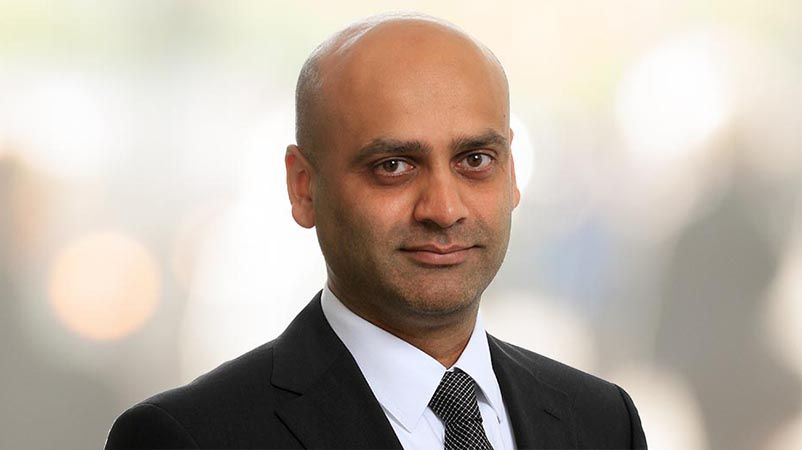The key theme for COP29 will be how to deliver on sustainably financing climate action, something that has proved to be elusive at the previous COP events.
In 2009, a goal to mobilise $100bn annually to support climate action in developing countries was set out and this was replaced by a new collective quantified goal on climate finance (NCQG) in Paris in 2015. This year’s COP in Baku, Azerbaijan is when the NCQG is due to be adopted allowing developing countries to step up their climate ambitions. In addition, a new Climate Finance Action Fund (CFAF) has been announced by the host country, with an initial funding of $1bn focused on mitigation and adaption technologies for developing countries, helping toward the 1.5-degree target set out in Paris nearly a decade ago. The question remains how deliverable are these ambitions in Baku, with many activists and investors remaining highly sceptical, with some justification.
The summit to be held in November of this year has attracted controversy on diversity, human rights and fossil fuels. Azerbaijan has promised green growth despite deriving nearly 50% of GDP and over 90% of export revenues are from oil & gas production. The host nation’s pledge to cut greenhouse gas emissions by 40% (1990 levels) by 2050 is far short of the UN aim of net zero by 2050. The Mayor of Paris has declined to attend the conference on concerns over alleged human rights issues. Diversity concerns were addressed when 12 women were added to the all-male committee. Climate activists have raised the question “can petrostates lead the world in the transition away from fossil fuels?”
The leadership position afforded to petrostates has been criticised by environmentalists who argue that the agenda is heavily tilted to maintaining the status quo which is wholly dependent on the further extraction and refining of fossil fuels. The green growth touted is labelled as greenwash, with little or no progress made on the transition away from fossil fuels. In Baku, the committee leader who is the minister for ecology and natural resources is an oil industry veteran, which has been highlighted as a conflict of interest, given Azerbaijan’s overwhelming reliance on oil & gas production. There is no doubt that without engaging with petrostates, the transition away from fossil fuels will never take place.
The investment community will need to be engaged on financing climate action with the private sector set to play a key role. There will be a need for further innovation on not only access to finance, but also an appropriate monitoring and measurement framework. On the former, a large proportion of countries in the developing world already have a heavy debt burden and will need to get access to finance that is at a marked discount to market rates and will need to be in place for decades. Investors will in turn ask for greater scrutiny on where the funds are being deployed and want transparent reporting tools. The issue here will be if there will a robust methodology developed in order to get investors to play the long game when it comes to the impact of their capital.
The sum needed to support developing economies runs into the trillions of dollars and critics are right to question not only the amount, but also whether any of the funds will materialise, pointing to lost decade since Paris. The leaders at the summit will have to debate on the time frame of the NCQG, the contributing countries and whether loss and damage are included in the goal along with adaption and mitigation. The next COP is scheduled to be held in Belem, Brazil and will be a decade on from Paris and long-suffering activists and investors will be looking for meaningful progress on financing climate action via efficient capital allocation. The answer to whether petrostates can lead on the transition away from fossil fuels via green growth will be decades in the making and no doubt the journey will not be a linear one.








